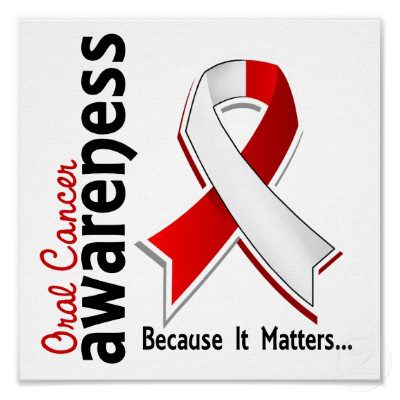Study
suggests pathway from oral bacteria to colon cells
WebMD News from HealthDay
By Robert Preidt
HealthDay Reporter
WEDNESDAY, Aug. 14
(HealthDay News) -- An infection from a common type of mouth bacteria can
contribute to colorectal cancer,
a new study suggests.
The bacteria, called Fusobacterium nucleatum, can
attach to colon cells
and trigger a sequence of changes that can lead to colon cancer, according to the team at Case
Western Reserve University School of Dental Medicine.
The researchers also found
a way to prevent the bacteria from attaching to colon cells.
"This discovery
creates the potential for new diagnostic tools and therapies to treat and
prevent the cancer," lead investigator Yiping Han said in a university
news release.
The findings show the
importance of good oral
health, said Han, a professor of periodontics. She noted that levels
of F. nucleatum are much higher in people with gum
disease.
Although the study found a
possible association between oral infection and colon cancer, it did not prove
a cause-and-effect relationship.
 The study was published in
the journal Cell Host &
Microbe, which also contained another study from a different research group
showing how F. nucleatum can speed the accumulation of cancer
cells.
The study was published in
the journal Cell Host &
Microbe, which also contained another study from a different research group
showing how F. nucleatum can speed the accumulation of cancer
cells.
Keep your mouth clean and the worry is non-existent ! Call our office and make an appointment for a complete examination and consultation.






















